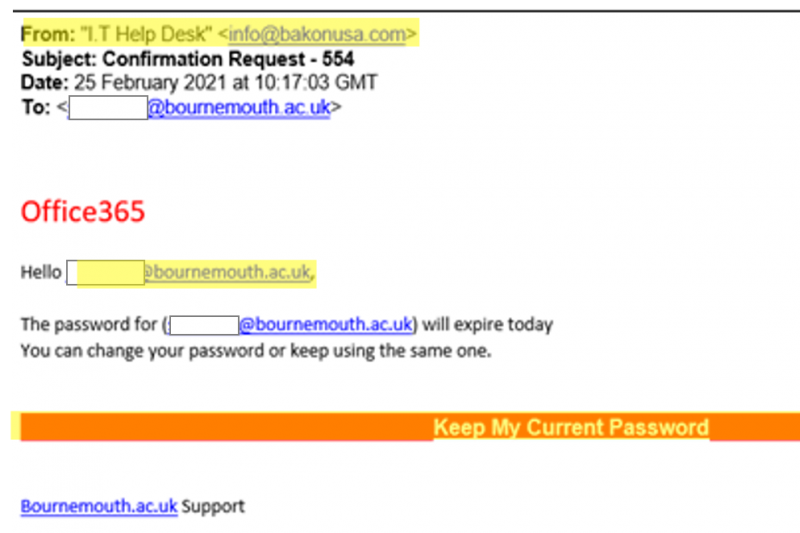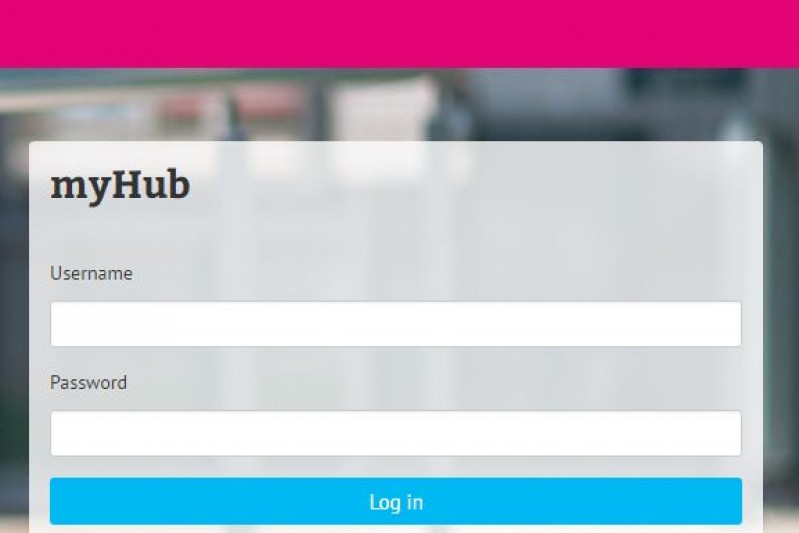The higher education sector has recently seen another surge in cyber-attacks with the National Cyber Security Centre issuing an official alert. BU has also seen a large increase in the number of scam emails targeting BU email addresses, with over 15,500 scam emails received in March alone.
It’s more important than ever for both BU, and for us as individuals, to take decisive action to harden defences against cyber-attacks. It’s everyone’s responsibility to understand the risks and to take action to prevent them. Working together we can help protect BU and protect each other from email scams.
Stop email scammers in their tracks
- Check the email sender – Is the email sender impersonating someone you know? Do you recognise the email address of the sender? Does it look suspicious? Is the email posing to be from a company, but sent from an @gmail or @hotmail address? All of these are warning signs that the email is a scam.
- Stop and inspect all hyperlinks before clicking - Get into the habit of hovering over them first to check where it’s taking you to or what you’re downloading.
- Don’t click any link you are not 100% sure about - especially on mobile devices where it’s difficult to verify a weblink. Take a look at our guidance on clicking wisely.
- Beware of attachments that could be malicious - be vigilant when it comes to email attachments and opening files that you’ve been sent over social media or text. Beware of files that ask you to enable macros and don’t open a file that comes from anyone you are not expecting a file from.
Here is a recent examples of a scam email targeting BU accounts, highlighting some of the warning signs:

Reporting - Tell us about any suspicious emails
- If you receive any emails that look suspicious, do not reply or click on any links. Instead, please forward the email to [email protected] for investigation.
- If you accidently click on a link or an attachment, then realise something isn’t right – report it immediately. Contact IT Services on 01202 965515 or freephone 0808 196 2332.
- If you suspect that you are the victim of a personal cyber-attack e.g. financial fraud, extortion or a scam, contact your bank, and/or ActionFraud as soon as possible.
For further guidance about staying safe online, visit our helpful IT information pages.



